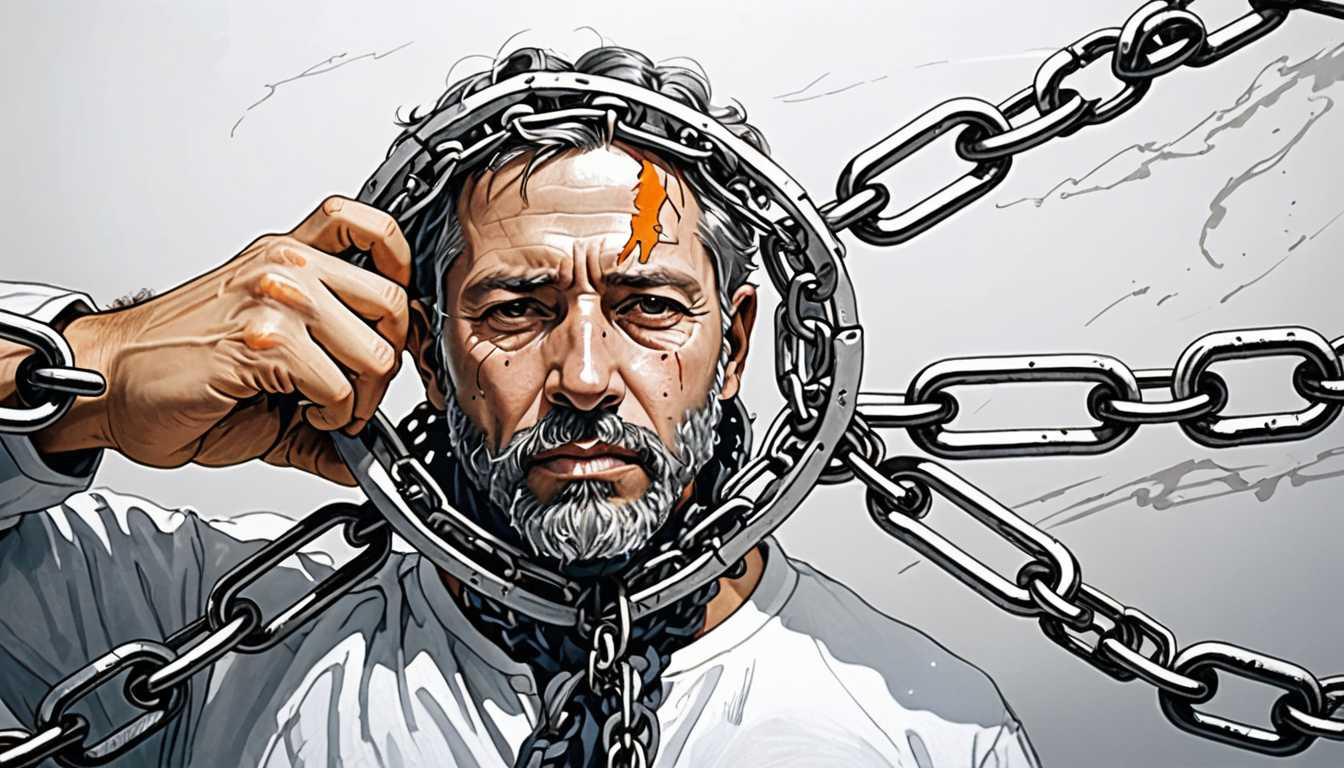Healing Hearts: Understanding Adult Mental Health
May 2024
UCLA Health + Behavior
Introduction
Hey there, future scholars! Ever wondered how childhood experiences shape adult lives? Check out the eye-opening piece from CellImage that dives into the struggles adults face after tough childhoods and the mental health care they often miss out on. Spoiler alert: it’s not just about “getting over it.” Unpack these crucial insights and maybe even find your own spark for change!
READ FULL ARTICLEWhy It Matters
Discover how this topic shapes your world and future
Unpacking the Impact of Childhood Experiences
Understanding how our early experiences shape who we are is crucial, and that’s where the concept of Adverse Childhood Experiences (ACEs) comes into play. These experiences range from neglect and abuse to living in unstable environments, and they can significantly affect mental and physical health later in life. The research shows that many young adults today face a higher number of these adverse experiences than older generations. This is important because it highlights the need for better mental health support and preventive measures for youth. By learning about ACEs and their effects, you can better understand your own life experiences and advocate for a healthier environment for everyone. The global implications are vast, as many countries are starting to recognize the importance of addressing mental health and childhood well-being as part of overall public health.
Speak like a Scholar
Adverse Childhood Experiences (ACEs)
Negative events or situations that happen to a child before the age of 18, such as abuse or neglect, which can lead to long-term health issues.
Mental Health
A person’s emotional, psychological, and social well-being, which affects how they think, feel, and act. It also influences how we handle stress and relate to others.
Preventive Measures
Actions taken to stop something negative from happening, like programs designed to reduce the impact of ACEs on children and teens.
Health Equity
The idea that everyone should have the opportunity to attain their highest level of health, regardless of their background or circumstances.
Toxic Stress
A prolonged and intense stress response that can occur when a child experiences multiple ACEs, leading to negative changes in brain development and health.
Screening
The process of checking for potential health issues, such as ACEs, before symptoms appear, allowing for earlier intervention and support.
Independent Research Ideas
The Role of Schools in Supporting Mental Health
Investigate how schools can implement programs to screen for ACEs and support students in overcoming adversity. This could reveal the power of education in mental health.
Comparative Analysis of ACEs Across Cultures
Examine how different cultures perceive and deal with childhood experiences. Understanding these differences can highlight effective strategies that could be shared globally.
The Science of Resilience
Explore what makes some individuals more resilient to ACEs than others. This could involve studying personality traits, family dynamics, or community support systems.
Long-term Effects of Positive Childhood Experiences
Research how positive experiences, such as supportive relationships and safe environments, can counterbalance the effects of ACEs and promote better mental health in adulthood.
Technology and Mental Health Awareness
Investigate the role of social media and online platforms in raising awareness about ACEs and mental health support. This could reveal innovative ways to reach younger audiences and promote mental well-being.
Related Articles

Healthcare Struggles of Autistic TGD Individuals
January 2025
U of Cambridge Research

Seeing Each Other: The Impact of Illness
October 2024
King's College London - News

Workplace Diversity: A Heartfelt Advantage!
October 2024
UC Berkeley NewsCenter

Unraveling the Mystery of Teen Self-Harm
December 2024
King's College London - News

Tech, Teens, and Mental Health: The Connection
May 2024
King's College London - News